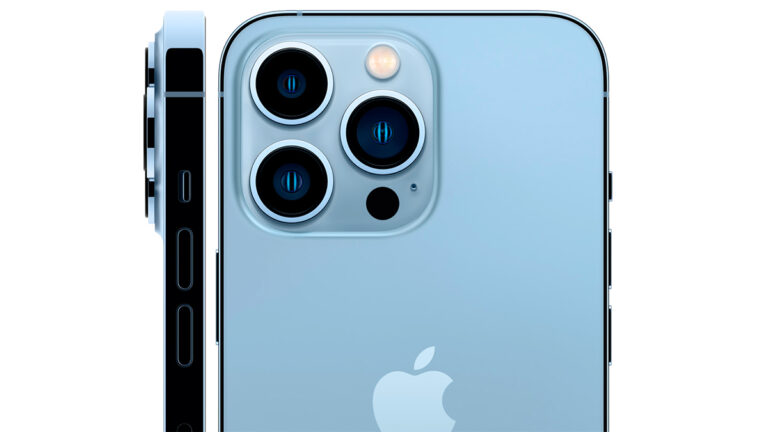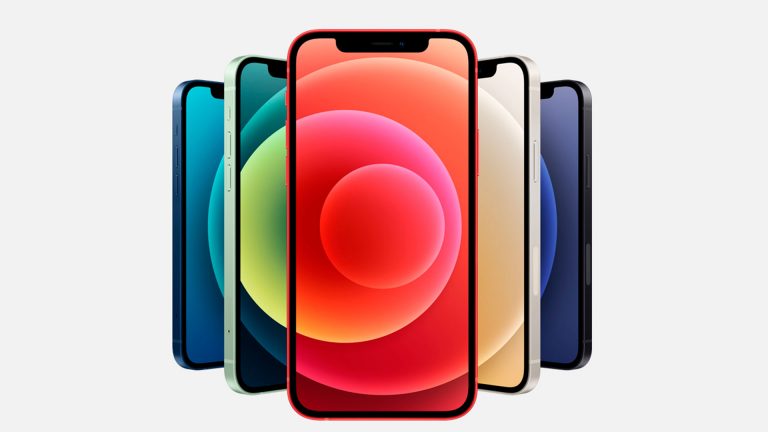Luxury brands and Corporal Social Responsibility, does this go together?
In the last decade many luxury brands have been adorning themselves with charity and philanthropy actions. Mostly, this is under the guise of Corporate Social Responsibility (CSR).

Corporate philanthropy, or charity, is that a company gives its money away to an NGO. CSR is about how a company makes its money, in a responsible and sustainable way. (*Report with Katharina Miller).
A European company may have given millions of Euros to its appointed NGO in Uganda or another developing country over the course of a year, which is corporate philanthropy. In that same year it could have been in the unfortunate situation of having human rights or safety breaches in it subcontractor’s factory in Bangladesh.

This latter situation describes a scenario of how a company doesn’t act responsibly in making its money, and this is what CSR is really about: “Being socially responsible means not only fulfilling the applicable legal obligations, but also going beyond compliance and investing «more» into human capital, the environment and relations with stakeholders. The experience with investment in environmentally responsible technologies and business practices suggests that in going beyond legal compliance companies can increase competitiveness and it can have a direct impact on productivity.”[1] It’s very likely that only the above CSR scenario gets negative news headlines or has a negative effect on share prices.
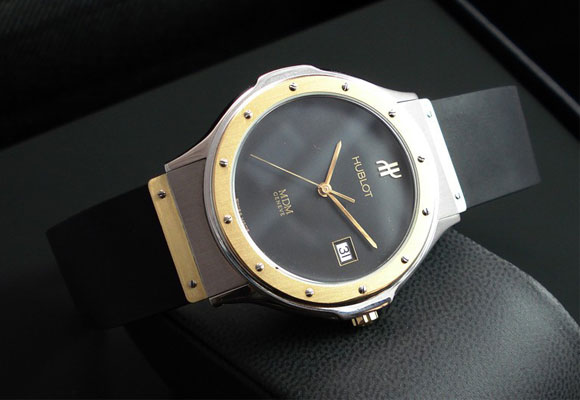
CSR provides very effective risk management for brands when it is implemented correctly, and if it is, it can become a marketing tool. By the way there is nothing wrong with making money from CSR – after all it is about how a company makes its money in a responsible and sustainable way. As mentioned in the Green Paper of the European Commission, if sales and profits are being derived in a responsible manner that considers impact on stakeholders, supply chains and the environment, then that is something to talk about.
While philanthropy can assist in enhancing a brand’s image, it does little to protect any downside brand risks or to foster sustainable development of the company. Many companies are still pushing philanthropy as CSR, particularly in the luxury industry. For example Montblanc[2] sees part of its CSR policy in its collaboration with UNICEF. The same happens with Luis Vuitton[3] and its three-year commitment to help young people engage with art through a specially created website. Or Hublot[4] which collaborated with Miami Heat team and other sport clubs for exclusive charitable products. While this can make for interesting cause marketing, it often has very little to do with CSR and should therefore not be labeled as such.
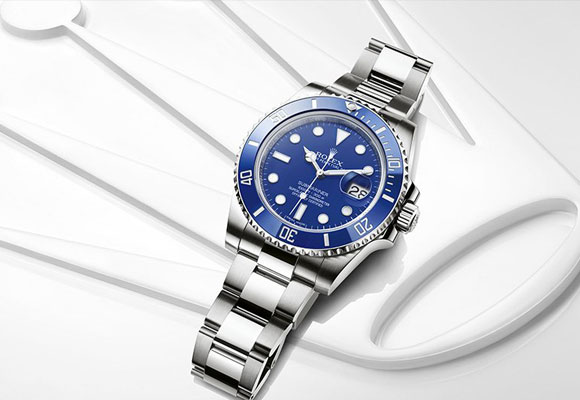
The ISO26000:2010 Social Responsibility Guideline standard[5] is made up of seven core subjects: human rights, labor practices, the environment, fair operating practices, consumer issues and community involvement and development. Fundamental practices relating to these are stakeholder identification and engagement. Furthermore, social responsibility principles are referenced as accountability, transparency, ethical behavior, respect for stakeholder interests, respect for rule of law, respect for international norms of behavior and respect for human rights. Philanthropy and charity are not mentioned in these guidelines.
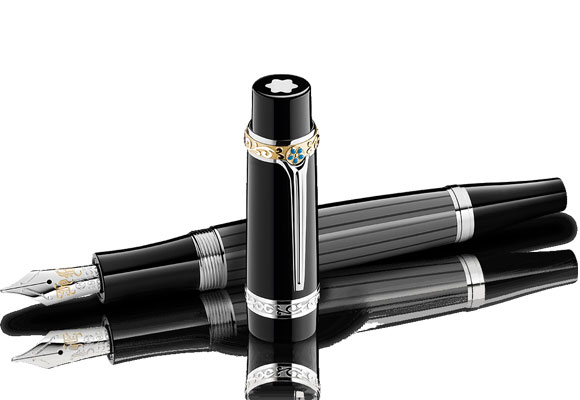
ISO 26000:2010 provides guidance rather than requirements, so it cannot be certified to unlike some other well-known ISO standards. Instead, it helps clarify what social responsibility is, helps businesses and organizations translate principles into effective actions and shares best practices relating to social responsibility, globally. If a luxury company wants to be labeled responsible and sustainable they have to expose themselves to comparison with these above mentioned guidelines. Luxury brands like Louis Vuitton, Armani, Prada and Dior would at least not fulfill one of the seven core subjects, the labor practices. According to a new research by Campagna Abiti Puliti[6], the Italian section of the Clean Clothes Campaign, these brands “are buying back old factories that had been forced to close due to competition with cheaper production hubs in post-socialist countries and Turkey, only now the expectation is these factories compete on low wages and poor conditions as well”.
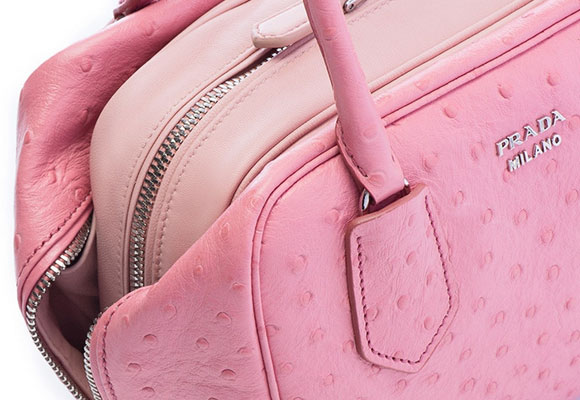
Another certification, which was launched in 2013, is the Responsible Jewellery Council (RJC) [7] RJC and is an international not-for-profit organisation bringing together more than 500 member companies. RJC and its Members say that they are committed to promoting responsible ethical, human rights, social and environmental practices in a transparent and accountable manner throughout the jewellery industry from mine to retail. They add that this commitment aims to reinforce consumer and stakeholder confidence in diamond, gold and platinum metals jewellery products. The RJC has developed the RJC Member Certification system which applies to all Members’ businesses that contribute to the diamond, gold and platinum metals jewellery supply chain.
Montblanc[8] and Hubloc[9] are two of the 500 certified RJC members whereas Rolex[10] is not a certified member; this luxury brand pledged in 2006 “to move away from “dirty” gold sales and are calling on mining corporations to ensure that gold is produced in more socially and environmentally responsible ways”.

According to Forbes Magazine[11] BMW, Apple, Daimler and Sony are among the ten companies worldwide with the best CSR reputation. Nevertheless, luxury and CSR are not always compatible. According to a recent research[12] CSR information can reduce the value consumers give to luxury brands associated with the pursuit of “perfection”, such as Rolex or Lexus which could lead to negative business outcomes. On the other hand CSR matters if you want to sell luxury brands in China.[13] In the end, every company can benefit from CSR, be it through recruitment of talent, good place to work, lower turn-over, stock price stability, increased sales, increased consumer willingness to pay. But like any strategic decision, it has to be coherent with the brand and valued by all stakeholders.
[1] Green Paper – Promoting a European framework for Corporate Social Responsibility, in: http://eur-lex.europa.eu/legal-content/EN/TXT/HTML/?uri=URISERV:n26039&from=ES (30/07/2015)
[2] http://www.montblanc.com/en-be/discover/about-montblanc/corporate-social-responsibility.html (30/07/2015)
[3] http://www.marketingmagazine.co.uk/article/1074882/louis-vuitton-focuses-csr-arts-drive (30/07/2015)
[4] http://www.hublot.com/de/rjc-certification (30/07/2015)
[5] http://www.iso.org/iso/ES/home/standards/iso26000.htm (30/07/2015)
[6] http://www.cleanclothes.org/news/press-releases/2015/01/23/italian-factory-conditions-deteriorate (30/07/2015)
[7] http://www.responsiblejewellery.com/rjc-certification/code-of-practices-certification13/ (30/07/2015)
[8] http://www.responsiblejewellery.com/member/montblanc/ (30/07/2015)
[9] http://www.responsiblejewellery.com/member/hubloc/ (30/07/2015)
[10] http://business-humanrights.org/en/eight-of-the-world%E2%80%99s-leading-jewelry-retailers-urge-mining-industry-to-clean-up-dirty-gold-no-dirty-gold-campaign-applauds-jewelry-industry-leaders-on-valentine%E2%80%99s-day (30/07/2015)
[11] http://www.forbes.com/pictures/efkk45mmlm/no-1-microsoft/ (30/07/2015)
[12] Torelli, C.J., Monga, A.B., Kaikati, A.M.: Doing Poorly by Doing Good: Corporate Social Responsibility and Brand Concepts, in Journal of Consumer Research, 38(5):948-963.
[13] http://www.forbes.com/sites/china/2010/07/22/a-louis-vuitton-bag-with-a-side-of-csr/ (30/07/2015)



